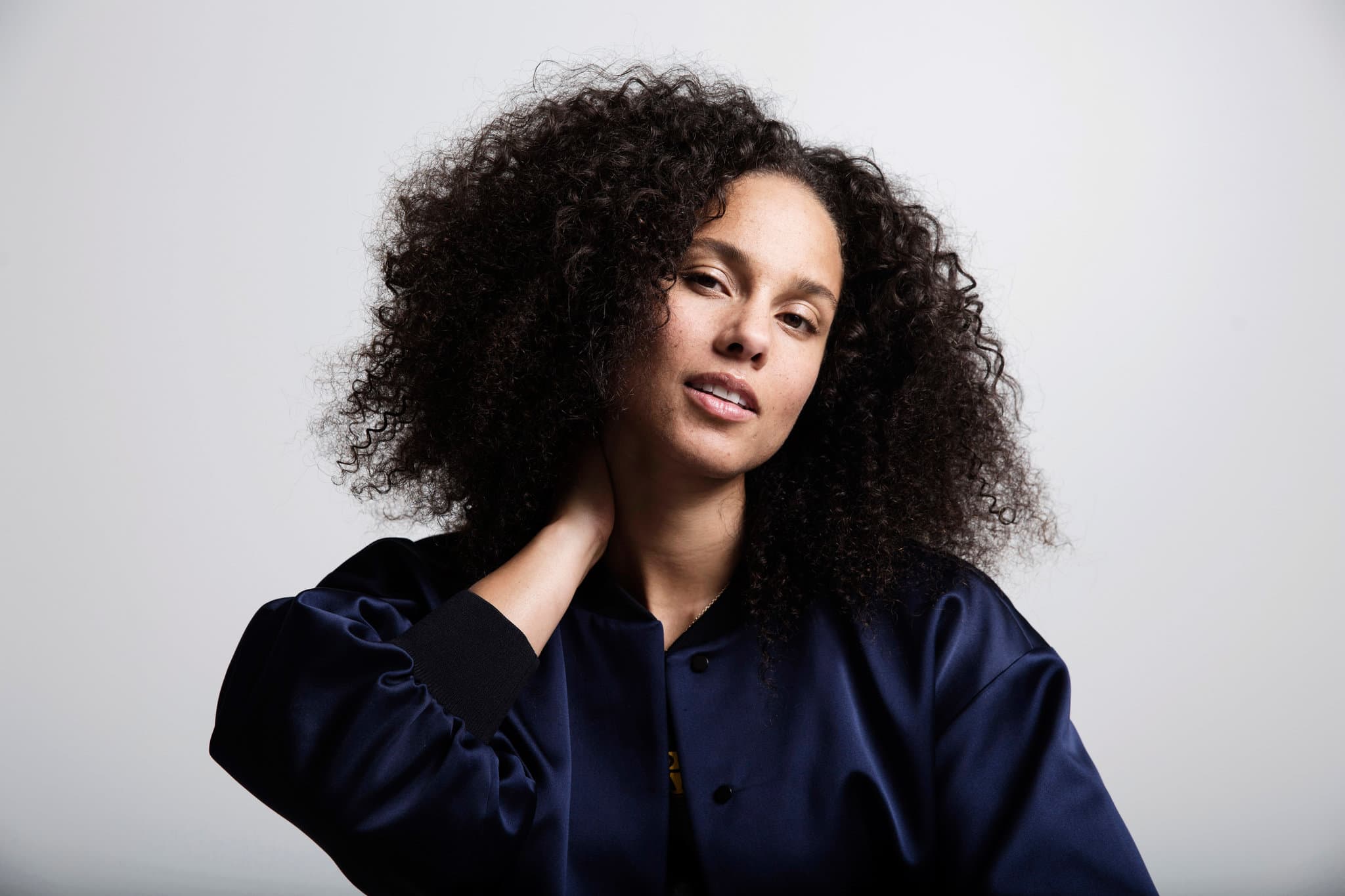Hard To Sing Pop Songs: If I Ain’t Got You
GET STARTED
If you’re looking for a challenging but attainable song to sing, it’s hard to beat Alicia Keys’ If I Ain’t Got You. I have no doubt that this song will live in the R&B canon forever, and now that its initial fallout has worn off a little, it’d be an impressive audition song. Here’s what you can do to make it your own.
Why is This Song Hard?
1. Your voice will feel the burn
This song is actually not all that tough to belt.
*Now is also as good a time as any to tell you when I say “belt,” I never mean throwing your voice or pulling up on your larynx to get a big sound; belting means you’re singing in a mostly-chest mix.*
The main reason this song is so hard to sing is the chorus hits the same B over middle C over and over and over again. The first B usually comes out sounding like an April waterfall, and the last one comes out sounding like a trickle of gutter water in the summer. As your voice gets more and more tired, more and more of your chest voice will seep in, and your larynx will start to creep up. Before you know it, you’re shouting, maybe coughing a little, and generally sounding lousy.
2. There are a bunch of “ay” sounds in it
The chorus is just riddled with “ain’t” and “baby,” and each one is an opportunity to lose precious breath and resonance.
3. You want to run from the runs
Alicia Keys is a marathon racer when it comes to singing runs. They’re difficult and require plenty of practice.
Instant Gratification
- The quickest fix for this song is to narrow as many of the vowels in the chorus as you can without sounding like a foreign dignitary. A string of narrowed vowels on that high B is going to be a lot easier than a string of open ones. What I mean by this is “ee” is a lot easier to sing than “ay,” so singing “ain’t” with more of a closed “ee” sound mixed in will help alleviate vocal atrophy during the chorus. Another closed vowel is the “u” sound in “put.” Incorporating a little of that sound into words like “but” and “nothin'” will also help to keep your larynx neutral and comfortable.
- As far as vocal runs go, you have two options. The first would be creating your own which you know you can sing. Vocal runs are all about improvisation, so don’t feel bad about making them up. Obtain a karaoke track and play the passage over and over again, trying new things. Start out with short runs and, when you feel comfortable with those, branch out.
- If you want Alicia’s runs and Alicia’s alone, learn her runs note for note, and break them down. Sing a few notes at a time. Do it slowly. Add notes as you get comfortable with the previous grouping, until you have the whole run slowly. Don’t slide between notes. If you’re not getting the individual notes, you’re not doing it slowly enough. Once you do, speed everything up.
Not-So-Instant Gratification
Warm up daily
- You don’t want to hear this, but are you ready? The most important skill you need to develop for this song is vocal endurance, and the best way to do that is to practice a variety of vocal warm-ups daily. That’s really the best way to get a strong healthy mix to support you through that sweat-inducing chorus.
- If you haven’t already figured it out from a million other posts, I’m a huge fan of the “nay nay” exercise listed on the bottom of this entry
- Arpeggiate an octave up, then down, then up, then down without taking a breath. Do this on vowel sounds “ee,” “ay,” and “ih.” This is mainly to give you stamina and control you need to sing runs.



